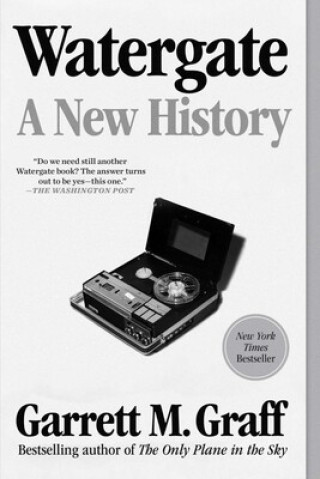Spiro Agnew was one of the stranger picks in US history for the vice presidency, which is quite a statement for a post as long obscure and filled with odd characters as the vice presidency. His selection in 1968 by Richard Nixon had been a shock to nearly everyone, including almost Nixon himself, who had initially preferred others, like California governor Ronald Reagan. Agnew, the first-term governor of Maryland, had a reputation as something of a liberal and Nixon ultimately saw him as a fresh face who wouldn’t upset any part of the GOP coalition. Few seemed more surprised at Agnew’s selection than Agnew. As he told the ’68 Republican convention, “I stand here with a deep sense of the improbability of this moment.”
In office, though, Agnew found a niche as the administration’s attack dog. He rattled off quips and insults against elites, the press, and Democrats alike, at one dismissing inner-city neighborhoods by saying “if you’ve seen one slum you’ve seen them all.” As the Nixon administration advance, he blasted the press as “a tiny, enclosed fraternity of privileged men elected by no one.” Such remarks catapulted the vice-president’s previously low profile to the front ranks of the administration. Agnew was thrilled by the outrage: “Gangbusters!” he told speechwriter Pat Buchanan. A few days later, they teamed up again for Agnew to attack the Washington Post and the New York Times in a speech to an Alabama chamber of commerce. Agnew’s fiery and fierce anti-media, anti-elite rhetoric soon became his stump speech calling card, earning him the affection of conservative groups across the country and keeping the base fired up for Nixon. The press, Agnew said, were “nattering nabobs of negativism.”
Then, in 1973, Agnew’s past collided with Richard Nixon’s future. By the end of the summer of 1973, the Watergate scandals—as I’ve argued Watergate was less a single event on June 17, 1972, than an umbrella for about a dozen interrelated but distinct corruption scandals—had reached a certain natural momentum.
